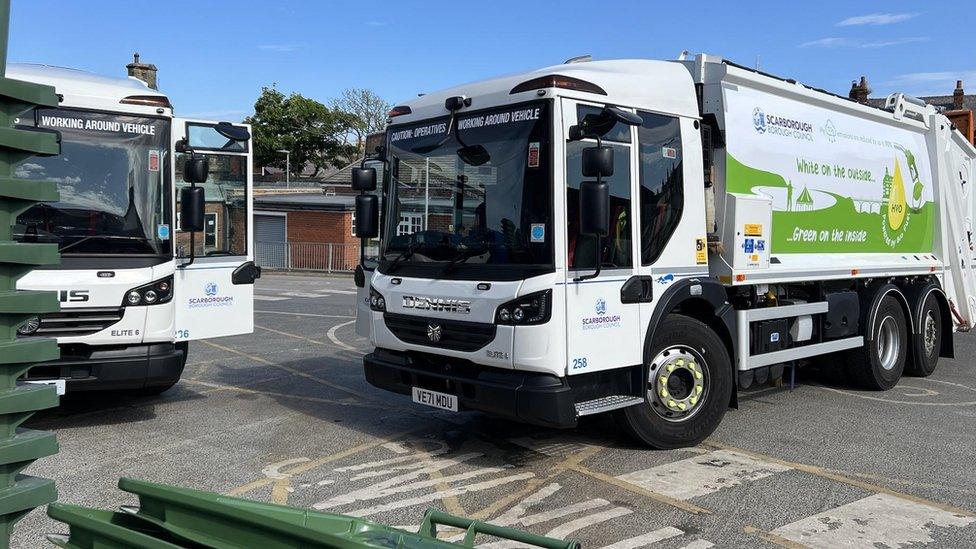Cumberland Council trialling vegetable oil to fuel bin lorries
- Published
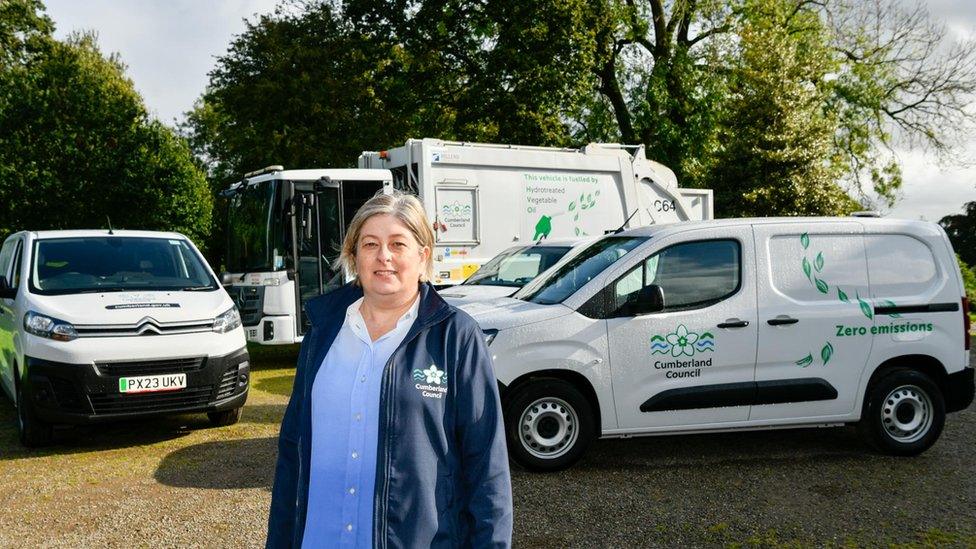
Councillor Denise Rollo said the trial would help the authority meet its carbon reduction targets
A council has announced plans to fuel some of its rubbish collection lorries with hydrotreated vegetable oil (HVO), instead of regular diesel.
Cumberland Council said this would reduce carbon dioxide emissions by about 90% in six months and help meet its carbon reduction targets.
The existing fleet could use HVO as a "drop-in alternative" without the need for modifications, the authority added.
The four-vehicle trial will run for six months in the Whitehaven area.
Executive member Denise Rollo said: "We will monitor the progress of this trial closely and, if successful, we will be keen to explore options to roll this out further across other areas of Cumberland, and in other fleet vehicles, to further reduce carbon emissions."
The trial would reduce carbon emissions by 67.5 tonnes over the six-month period, she added.
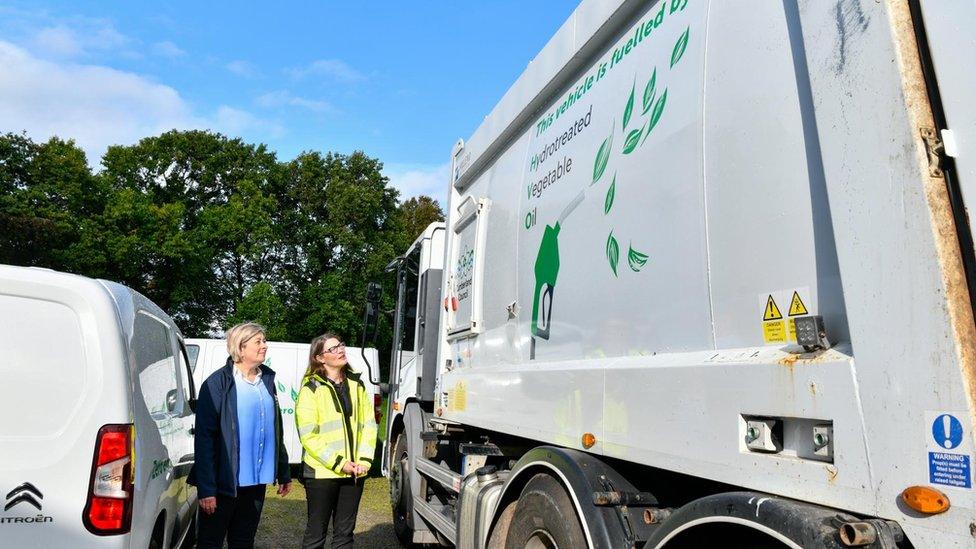
The HVO trial could be expanded, if successful
In July, train operator Chiltern Railways became the first in the UK to use HVO to power passenger trains.
And last month, a fuel supplier urged councils in Wales to use the fuel for council vehicles.
HVO, which is made from vegetable or used cooking oil, currently costs around £1.94 a litre for road users, compared with about £1.51 for standard white diesel.

Follow BBC North East & Cumbria on X (formerly Twitter), external, Facebook, external and Instagram, external. Send your story ideas to northeastandcumbria@bbc.co.uk, external.
Related topics
- Published4 September 2023
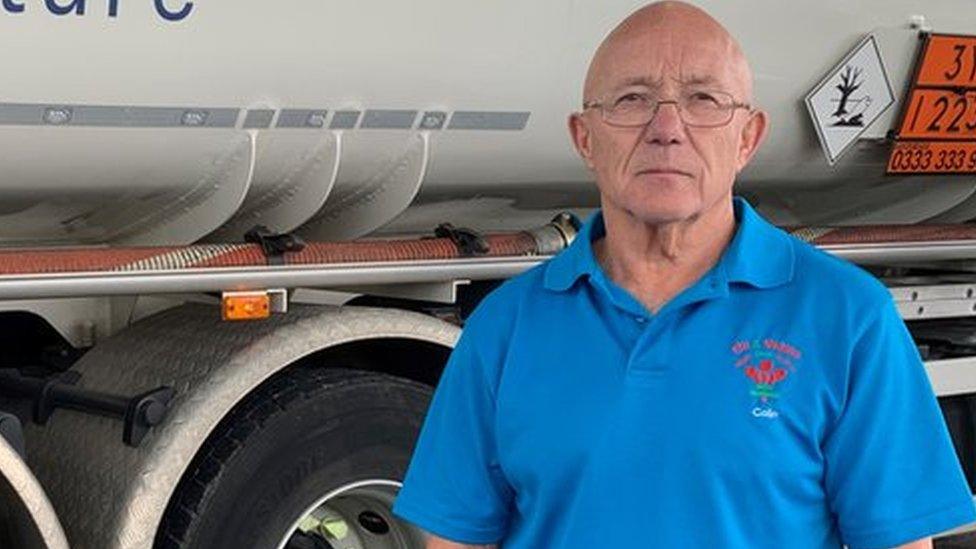
- Published27 July 2023
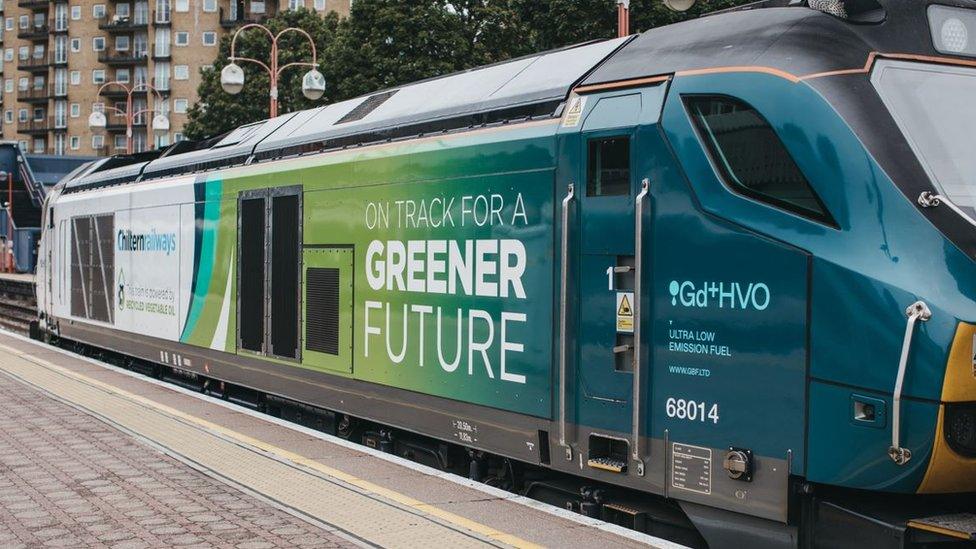
- Published11 January 2023
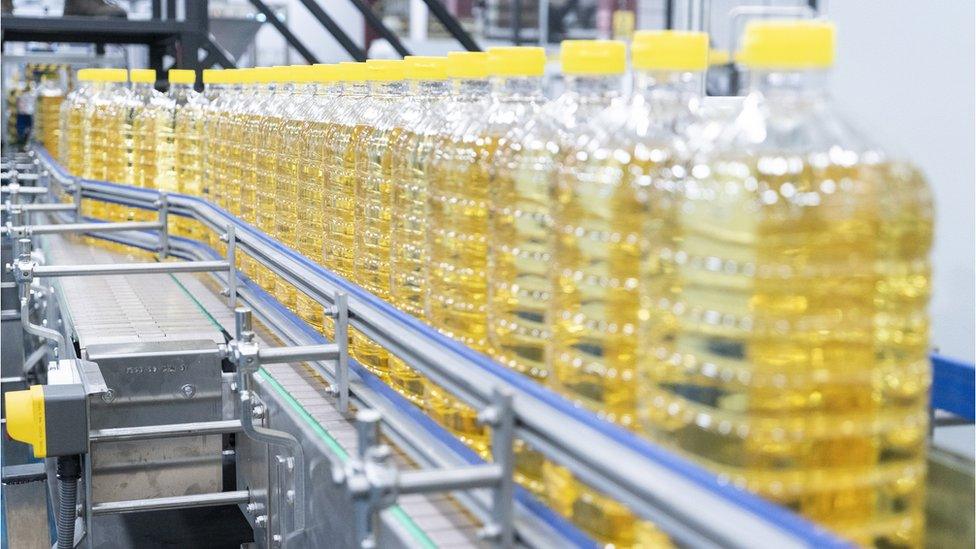
- Published6 July 2022
